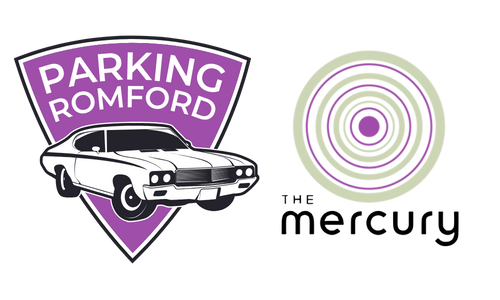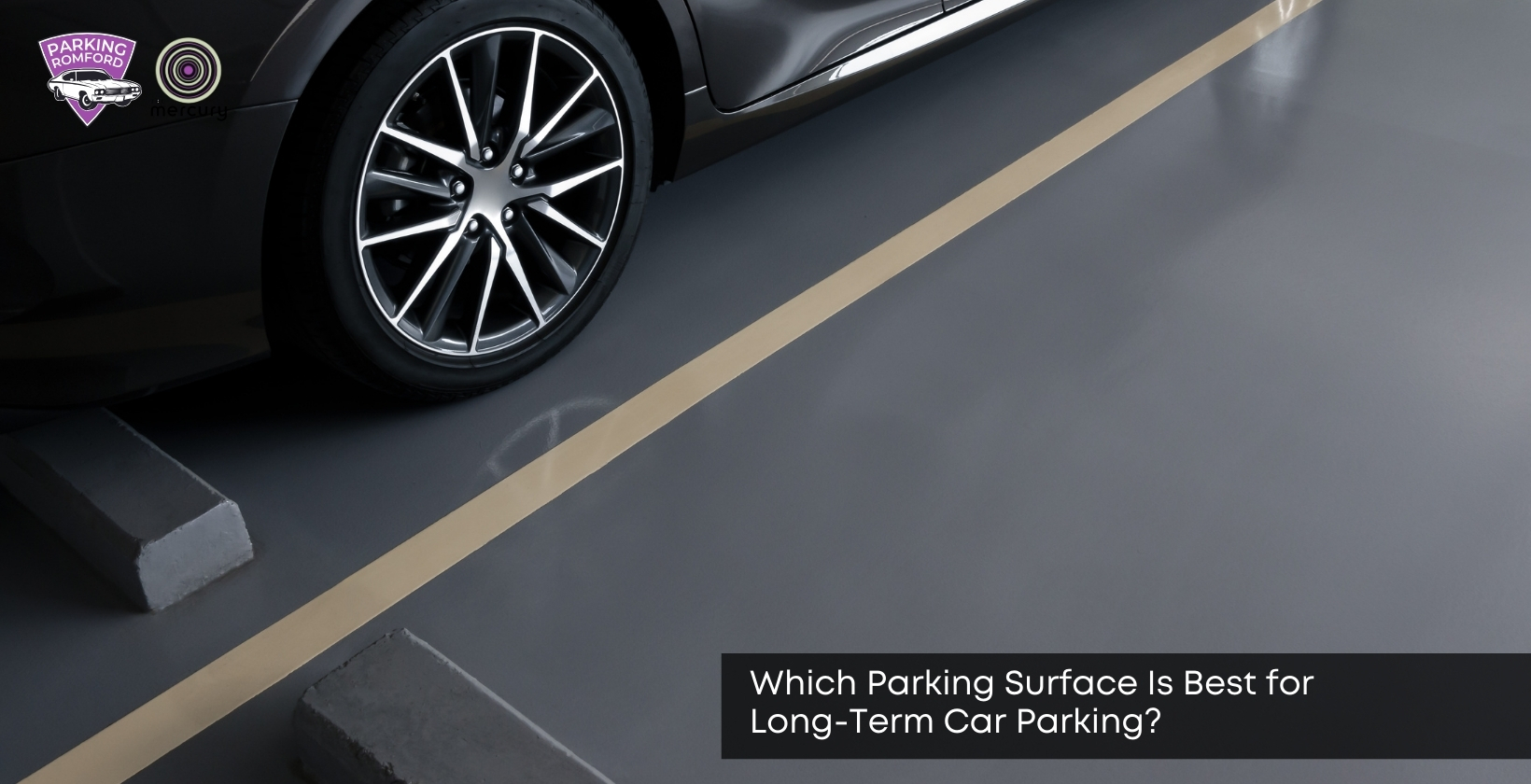Choosing the right surface for long-term car parking is more important than many realise. A poor surface can damage tyres, cause uneven ground, or lead to drainage issues. Over time, this can cost more in repairs or make your parking space unsafe. Different surfaces have different benefits depending on how they’re used. Before we look at individual surface types, let’s find out why parking surface choice matters so much for long-term parking.
Why Does Surface Choice Matter for Long-Term Parking?
The surface you choose for long-term parking affects how well your car stays protected. A poor surface can lead to tyre damage, sinking, or water pooling around the car. Over time, this can result in higher repair or cleaning costs. Some surfaces also cope better with weather changes than others. Making the right decision helps to know what makes a surface suitable in the first place.
What Makes a Surface Suitable for Long-Term Car Parking?
A good surface should be strong, stable, and able to handle long periods of weight without breaking down. It should drain water properly so it doesn’t flood or stay wet. It also needs to stay level and avoid becoming loose or cracked. Low maintenance is another important factor to consider. Once you know what to look for, you can compare the cost of different options.
What’s the Most Cost-Effective Surface Over Time?
Gravel and crushed stone are often cheaper to install at first. But they may need topping up or levelling every year. Concrete and asphalt cost more initially but often last longer with less upkeep. Over time, these harder surfaces can save money if you don’t want to do regular repairs. Besides cost, each surface’s maintenance is also worth considering.
Which Surface Requires the Least Ongoing Maintenance?
Concrete needs very little attention once installed properly. Asphalt may need sealing now and again, but it’s still easy to look after. Gravel can move around and grow weeds, so it needs more regular care. Pavers may shift over time but are easy to replace in small sections. Choosing the right surface also depends on how well it handles different weather conditions.
Which Parking Surface Handles Weather Extremes the Best?
Concrete deals well with heat but may crack in cold weather. Asphalt softens in high temperatures and can wear out with sun and rain. Gravel drains quickly but can wash away during storms. Pavers allow water to pass through and are stable in different seasons. With weather in mind, examining individual surface types like asphalt closely is useful.
Is Asphalt a Good Option for Long-Term Car Parking?
Asphalt is a popular choice for driveways and car parks. It creates a smooth surface that’s easy to drive and walk on. It’s more affordable than concrete and can last many years. However, it is over time, especially with heavy loads or cold weather. To see if asphalt is the better choice, it helps to compare it directly with concrete.
How Does Concrete Compare to Asphalt for Long-Term Parking?
Concrete costs more than asphalt but usually lasts longer. It stays firm under heavy vehicles and doesn’t soften in the heat. You won’t need to reseal it as often, which makes it easier to look after. It can crack in cold weather if not poured properly. If you’re considering cheaper materials, gravel and crushed stone are also worth exploring.
Can Gravel or Crushed Stone Be Used for Long-Term Parking?
Gravel and crushed stone are cheaper and easier to lay down. They drain water well, which helps stop puddles from forming. But they can shift under your tyres and create uneven spots over time. They also need more care, like adding more gravel and removing weeds. If you want a tidier finish, pavers might offer a more structured option.
Are Pavers or Interlocking Blocks a Long-Lasting Solution?
Pavers give a neat look and are strong under car weight. They are easy to replace one by one if damaged. Good drainage is another benefit, especially in wet areas. Installation takes longer and costs more, but the results are very reliable. If you’re thinking about something greener or softer in appearance, reinforced grass surfaces may be of interest.
Are Grass or Reinforced Turf Grids Suitable for Long-Term Use?
Grass with support grids can work for occasional parking. They let water soak into the ground and look more natural. But regular parking can kill the grass and create muddy patches. Reinforced turf is stronger but may still wear down over time. For the best results, it’s important to match the surface to the needs of your property.
How Do You Choose the Right Surface for Your Property?
Start by considering how often and how many vehicles will use the space. Check your local weather and how well the ground drains. Think about how much money you can spend now and over the years. Also, consider how much time you want to spend on upkeep. Once you’ve weighed these factors, you can decide which surface offers the most long-term value.
Which Surface Truly Lasts? Our Long-Term Parking Verdict
Concrete is often the best choice for long-term use due to its strength and low upkeep. Asphalt is also good if you want something more affordable. Pavers work well for drainage and appearance but cost more. Gravel is fine for light use but needs more care. Whichever option you choose, make sure it suits your budget, local weather, and long-term parking needs.


Leave a Reply